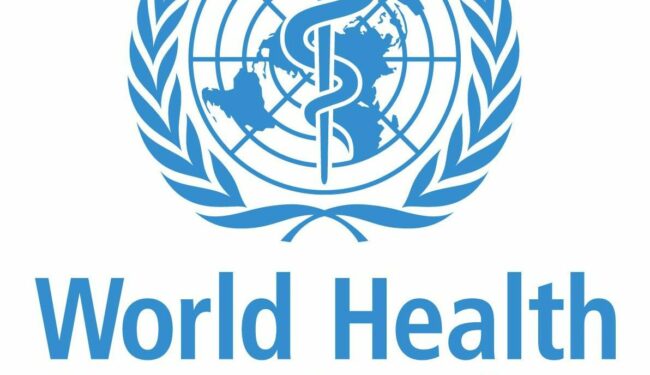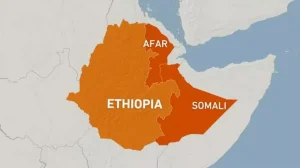
Despite the efforts of the Federal Government and its partners to combat malaria in Nigeria, the country still accounts for a significant proportion of global malaria cases and deaths. It is estimated that about 55 million cases of malaria and nearly 90,000 malaria-related deaths occur annually in Nigeria. The adverse effects of the disease on the country’s economy were lamented by the Minister of Health, Dr. Osagie Ehanire, during the 2023 World Malaria Day commemoration. Malaria causes absenteeism in schools, offices, businesses, and markets, reducing the income of families and increasing the hardship of out-of-pocket expenses borne by Nigerians yearly for diagnosis and treatment. The out-of-pocket expenditure for malaria is estimated to be over 70%, with Nigerians paying as much as N2,280.00 for each case. The economic burden of malaria in Nigeria was estimated at $1.6b (N687 billion) in 2022 and may increase to about $2.8b (N2 trillion) in 2030. The Minister emphasized the need to achieve zero malaria by 2030 in line with the World Health Organization’s Global Technical Strategy, which will increase productivity, improve health, reduce school absenteeism, reduce poverty and facilitate the attainment of the Sustainable Development Goals.
The Minister called on the populace, particularly those living in malaria-endemic regions, to avail themselves of available tools and strategies to enable them to reach those in need. The theme of this year’s celebration is “Time to deliver zero malaria: invest, innovate, implement,” and the slogan is “Act now.” It is a clarion call to invest in efforts to defeat malaria, prioritize funding for marginalized and hard-to-reach populations, and step up innovative strategies and interventions that are impactful. These include innovations that bring new vector control approaches, scaling up malaria diagnostics, and using new malaria medicines to accelerate progress in the fight against malaria. There is a need for support for malaria operational research and surveillance to guide impactful implementation. Both the public and private sectors are urged to act now.
Nigeria is witnessing gradual reductions in malaria prevalence from 27% in 2015 to 23% in 2018 and 22% in 2021. The Minister stated that Nigeria could have done better had the programme accessed the loan from the IMPACT project under the World Bank and Islamic Bank funding to fill the gaps in malaria programme implementation, particularly in 12 states that had not received any significant donor funding for malaria implementation in recent years.
The World Health Organization recommends universal coverage with LLINs as the mainstay for vector control for all people at risk of malaria, to be complemented by the targeted use of indoor residual spraying where possible. Nigeria distributed over 130.42 million LLINs campaigns in 33 states and over 16.3 million LLINs through continuous channels (antenatal and immunization clinics) between 2015 and 2020, while an additional 91,616,860 LLINs were distributed through campaigns between 2021-2022. The percentage of pregnant women who slept under ITN increased from 49% (2015) to 58% (2018) but declined to 50% in 2021, while the percentage of children under 5 who slept under ITN increased from 44% (2015) to 52% (2018) but declined to 41% in 2021 due to incomplete coverage of interventions in all the states as a result of delayed take-off of the IMPACT Project. Nigeria is working hard to ensure effective and efficient LLIN distribution through the use of innovative technology – ICT4D and similar applications.






